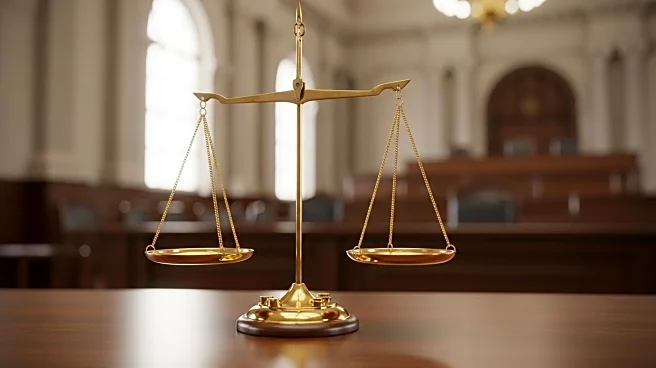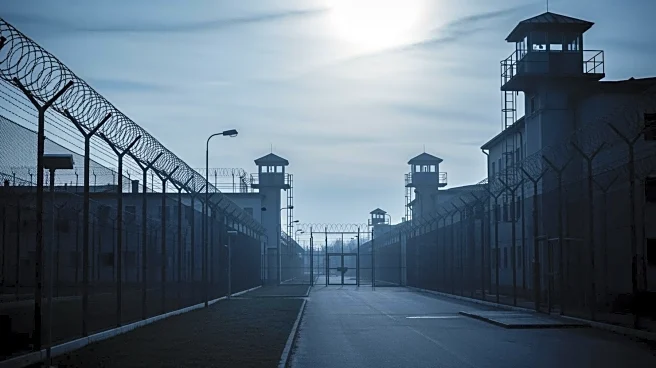What is the story about?
What's Happening?
The Supreme Court has agreed to hear arguments regarding President Trump's global tariffs, including the 'Liberation Day' tariffs imposed earlier this year. These tariffs, aimed at combating fentanyl imports from countries like China, Mexico, and Canada, have been challenged in lower courts for potentially exceeding presidential authority. The case will address whether the president can levy emergency tariffs without explicit congressional approval, a decision that could have significant implications for the administration's economic agenda. The court is set to expedite the review, with arguments scheduled for November.
Why It's Important?
The Supreme Court's decision to hear this case underscores the ongoing debate over presidential powers and their limits, particularly in economic matters. The outcome could redefine the scope of executive authority in imposing tariffs, impacting U.S. trade policy and international relations. If the court rules against the administration, it could lead to significant economic disruptions, including potential refunds of collected tariffs. This case also highlights the tension between executive actions and legislative oversight, a critical issue in maintaining the balance of power within the U.S. government.
What's Next?
The Supreme Court's expedited review suggests a decision could be reached sooner than typical cases, potentially by June. Stakeholders, including businesses affected by the tariffs and international trade partners, are closely monitoring the proceedings. The administration's strategy and future tariff policies may hinge on the court's ruling, influencing both domestic economic conditions and foreign policy. The legal arguments presented could set precedents for future cases involving executive powers and emergency economic measures.














